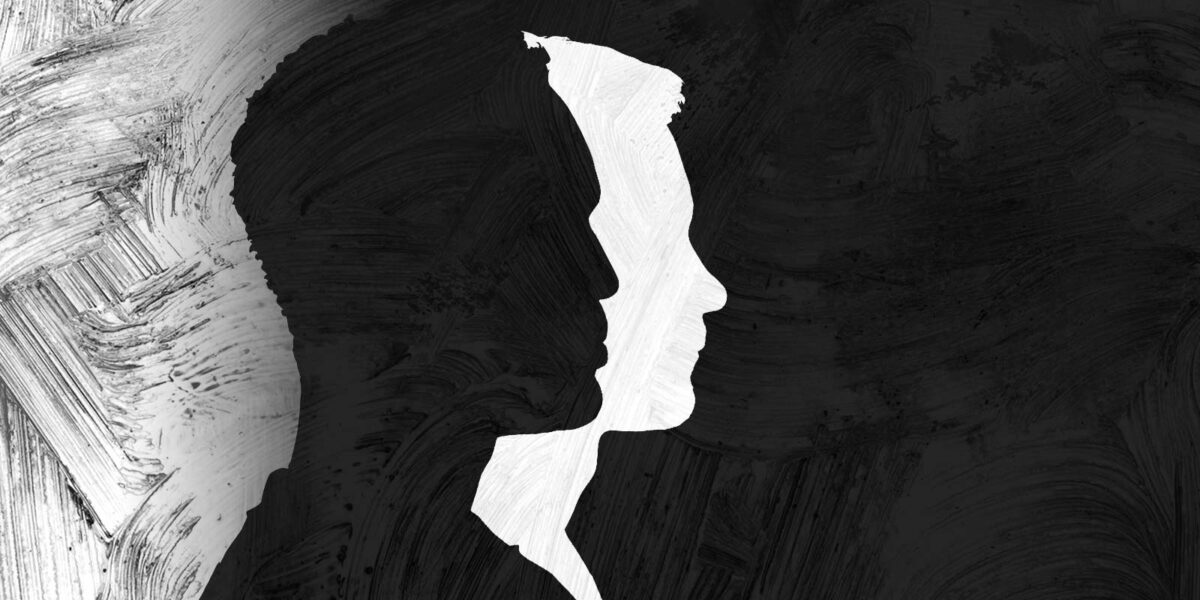Karla, thank you so much for
breaking your silence and for your invitation to the rest of us to join you. When I first read your reflections, I thought ironically, "Well, prayer is an appropriate response for the descendants of ‘the quiet in the land,’" but it isn’t enough. It allows us to salve our consciences, while hanging on to our White privilege. It doesn’t change the status quo.
Then, as I had coffee with God the next morning, God reminded me of how subversive worship and prayer can be. It brought down the walls of Jericho, after all. When I re-read your piece, I saw that you are recommending prayer as a starting place. Contemplative prayer changes the person who truly listens to God. Then, you recommend that we fully enter into whatever God calls us to do: "Write it, paint it, dance it, sing it, bake it, play it, plant it, build it!"
In 1999, I first became aware of my White privilege that allows me to assume that police officers will protect me instead of kill me, the ease with which I can reach into my pocket for my driver’s license without getting assaulted. This was the year that Amadou Diallo was shot at close-range 41 times. Four plainclothes police officers surrounded Amadou and asked him for ID. When his hand moved toward his pocket to comply, the officers started shooting, fearing that he was going to pull a gun on them, they said. Too late, they discovered he was unarmed.
Karla, you have caused me to ask myself anew how God is calling me to respond to systemic racism in the United States. As a constant reminder of the danger of being a person of color living in the United States, will I lay my driver’s license on the dashboard of the car instead of carrying it in a concealed place? Will I constantly remind myself and my children of the
10 rules of getting home safely? Will I scrupulously obey speed limits and signal lane changes to make sure there is no pretext for stopping me, as my Black and Latino friends have to do?
One thing I know I
will do is to redouble my efforts to encourage everyone I know to participate in
Roots of Justice training, where I started to learn what to do with my anger against injustice. I
will participate in prayer walks and public demonstrations of solidarity. I
will continue to sign petitions. For those who are unable to walk for justice, the Roots of Justice Facebook page offers these suggestions for other ways to participate:
26 Ways to Be in the Struggle Beyond the Streets.







